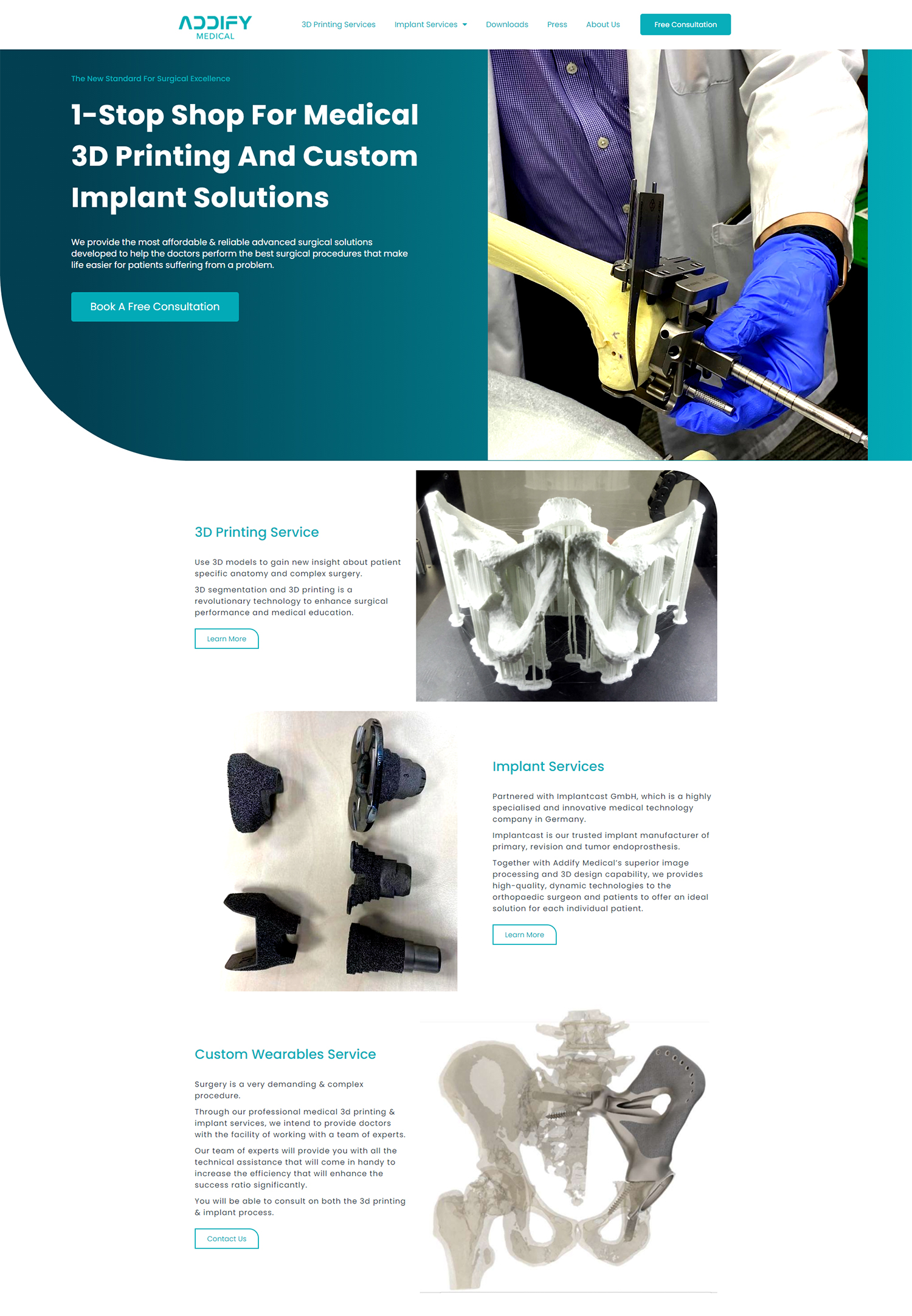In today’s fast-paced world, the digital landscape has become an essential arena for attorneys seeking to connect with potential clients. As we navigate this ever-evolving environment, it is crucial for us to recognize the profound impact that technology and the internet have on the legal profession. The way clients search for legal services has transformed dramatically; they now rely heavily on online resources to find attorneys who can meet their needs.
This shift necessitates that we, as legal professionals, adapt our strategies to effectively engage with our audience in this digital realm. Moreover, understanding the digital landscape means acknowledging the various platforms and tools available to us. From websites and blogs to social media and online directories, each channel offers unique opportunities for outreach and engagement.
We must familiarize ourselves with these platforms to ensure that we are not only present but also visible to those who are actively seeking legal assistance. By embracing this digital transformation, we can position ourselves as accessible and knowledgeable professionals, ready to address the concerns of our clients in a timely and efficient manner.
Key Takeaways
- The digital landscape for attorneys is constantly evolving and it is important to stay updated on the latest trends and technologies.
- Building a strong online presence is crucial for attorneys to reach a wider audience and establish credibility in the digital space.
- Social media can be a powerful tool for attorney marketing, allowing them to connect with potential clients and showcase their expertise.
- Creating compelling content is essential for digital marketing success, as it can help attorneys engage with their audience and demonstrate their knowledge and skills.
- Utilizing SEO strategies is important for attorney websites to improve their visibility and attract more potential clients.
- Measuring and analyzing digital marketing success is essential for attorneys to understand the effectiveness of their strategies and make informed decisions for future campaigns.
Building a Strong Online Presence
Establishing a robust online presence is paramount for attorneys in today’s digital age. Our website serves as the cornerstone of our online identity, acting as a virtual storefront where potential clients can learn about our services, expertise, and values. It is essential that we invest time and resources into creating a user-friendly, informative, and visually appealing website.
This means ensuring that our site is easy to navigate, mobile-responsive, and optimized for search engines. By doing so, we enhance our chances of being discovered by individuals seeking legal representation. In addition to a well-designed website, we should also consider the importance of online reviews and testimonials.
Positive feedback from satisfied clients can significantly influence potential clients’ decisions when choosing an attorney. Encouraging our clients to leave reviews on platforms such as Google My Business or Avvo can help us build credibility and trust within our community. Furthermore, engaging with these reviews—both positive and negative—demonstrates our commitment to client satisfaction and showcases our professionalism.
Leveraging Social Media for Attorney Marketing
Social media has emerged as a powerful tool for marketing in the legal field, allowing us to connect with a broader audience than ever before. Platforms such as Facebook, LinkedIn, Twitter, and Instagram provide us with unique opportunities to share our expertise, engage with potential clients, and build relationships within our communities. By creating a strong social media presence, we can humanize our practice and foster a sense of trust among our followers.
To effectively leverage social media, we must develop a strategic approach that aligns with our overall marketing goals. This includes identifying our target audience and tailoring our content to meet their interests and needs. We can share informative articles, legal tips, case studies, or even behind-the-scenes glimpses of our practice to create a more relatable image.
Additionally, engaging with our audience through comments, messages, and shares can help us cultivate a loyal following and encourage word-of-mouth referrals.
Creating Compelling Content for Digital Marketing
| Content Type | Engagement Rate | Conversion Rate |
|---|---|---|
| Blog Posts | 10% | 5% |
| Infographics | 15% | 8% |
| Video Content | 20% | 10% |
Content creation is at the heart of any successful digital marketing strategy for attorneys. By producing high-quality, informative content, we can establish ourselves as thought leaders in our respective fields while providing value to our audience. This could take the form of blog posts, articles, videos, or podcasts that address common legal questions or current events relevant to our practice areas.
The key is to ensure that our content is not only informative but also engaging and accessible. Moreover, we should consider the importance of storytelling in our content marketing efforts. Sharing real-life case studies or client success stories can resonate with potential clients on a personal level, making them more likely to reach out for assistance.
By weaving narratives into our content, we can create an emotional connection that sets us apart from other attorneys who may simply present dry legal information. Ultimately, compelling content not only attracts visitors to our website but also encourages them to share it within their networks, amplifying our reach.
Utilizing SEO Strategies for Attorney Websites
Search Engine Optimization (SEO) is a critical component of any digital marketing strategy for attorneys. By optimizing our websites for search engines, we can improve our visibility in search results and attract more organic traffic. This involves conducting keyword research to identify the terms potential clients are using when searching for legal services and incorporating those keywords strategically throughout our website content.
In addition to keyword optimization, we should also focus on technical SEO aspects such as site speed, mobile-friendliness, and secure connections (HTTPS). These factors not only enhance user experience but also signal to search engines that our website is trustworthy and relevant. Furthermore, building backlinks from reputable sources can boost our site’s authority and improve its ranking in search results.
By implementing effective SEO strategies, we can ensure that our practice remains competitive in an increasingly crowded digital marketplace.
Measuring and Analyzing Digital Marketing Success
To truly understand the effectiveness of our digital marketing efforts, we must prioritize measurement and analysis. Utilizing tools such as Google Analytics allows us to track key performance indicators (KPIs) such as website traffic, bounce rates, conversion rates, and user demographics. By analyzing this data, we can gain valuable insights into what is working well and what areas may need improvement.
Regularly reviewing our digital marketing performance enables us to make informed decisions about future strategies. For instance, if we notice that certain types of content are generating more engagement than others, we can adjust our content calendar accordingly. Additionally, monitoring social media metrics such as likes, shares, and comments can help us gauge audience interest and refine our messaging.
Ultimately, by measuring and analyzing our digital marketing success, we can continuously optimize our efforts to better serve our clients and grow our practice. In conclusion, navigating the digital landscape as attorneys requires a multifaceted approach that encompasses building a strong online presence, leveraging social media, creating compelling content, utilizing SEO strategies, and measuring success. By embracing these elements of digital marketing, we can effectively connect with potential clients and establish ourselves as trusted authorities in the legal field.
As we continue to adapt to the changing landscape of legal marketing, it is essential that we remain proactive in our efforts to engage with clients in meaningful ways that resonate with their needs and expectations.
Digital marketing for attorneys is crucial in today’s competitive landscape. One important aspect of this is lead generation, as discussed in this article. Generating leads is essential for law firms to attract new clients and grow their business. Additionally, choosing the right digital marketing agency to work with is key to success. Populis Digital explains why they are the best choice for attorneys in this article. It’s important to ask the tough questions when selecting a website design company for your law firm’s digital marketing needs, as outlined in






























